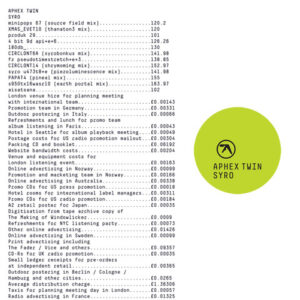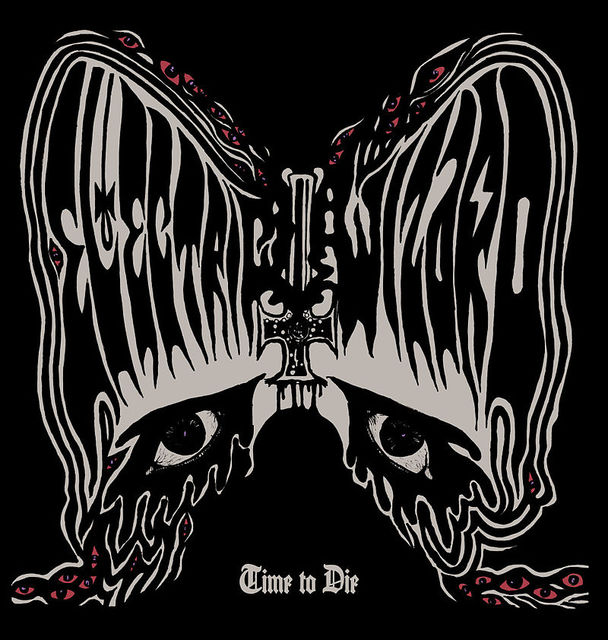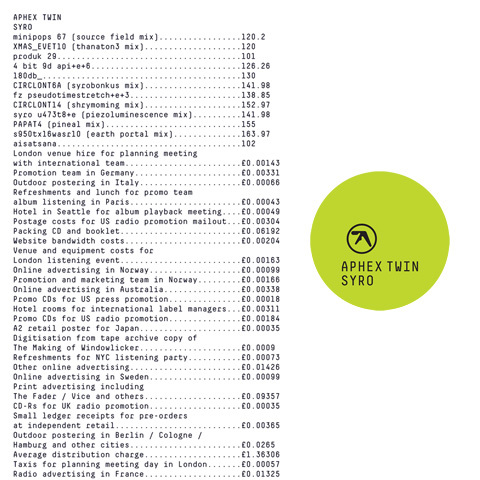Time to Die, Electric Wizard’s first record in four years, gets a B-plus for attention to satanic packaging details, like photos of naked people, Olde English-y script fonts and a centerfold spread of the band layed out in coffins. In that black and green funereal photo, the members’ facial expressions range from insouciant to possessed. It’s hard to tell whether they’re really Satanists or just practicing some finely wrought artifice. Musically Electric Wizard’s work has evolved from a less-than-strict interpretation of doom metal into an exploration of the dark spots on the human soul. Using elements of sludgy metal, noise, found cinematic audio outtakes and cacophonic keyboards to depict the interior of hell, Time to Die begins ritualistically with “Incense for the Damned” and ends apocalyptically with “Saturn Dethroned.” In between wizards Jus Oborn, Liz Buckingham, Clayton Burgess and Simon Poole explore each of Dante’s levels with atramentous aplomb.
Weezer Everything Will Be Alright in the End (Republic Records)
It’s hard to write about Weezer. Produced by Ric Ocasek, their debut “blue album,” is every bit as good as The Queen is Dead or Bee Thousand. Enigmatic follow-up Pinkerton depicts suburban disgust in an abrasive pop-punk way that demands repeated listening. Despite that, they’re sorta disappointing overall. Even after their post-millennial rebirth as a hard-rock-with-pop-conceits outfit, their work has been inconsistent in focus and direction. In an attempt to recover their status as mid-’90s alt-rock heroes, Weezer paired up with Ocasek again. The resulting record, Everything Will Be Alright in the End, doesn’t land the band back on square one; instead, it flutters through genres bombastically, demonstrating Cuomo’s deft songwriting skills and strangely defeatist choice to never embrace any one direction. This is particularly evident on “Back to the Shack,” a song that could either be a new Mötley Crüe single or part of a They Might Be Giants podcast.
Aphex Twin Syro (Warp Records)
On the other hand, Aphex Twin can do no wrong. Even when reduced to quickly manifested EDM impulses, the music of composer Richard David James has a knowing, organic complexity to it that’s both alluring and exasperating. Much like an extraplanetary lover with a thousand tentacles who just won’t let go, Aphex Twin is transformative and potentially damaging. The resulting wreck can be as welcome as it is profound. James’ new recording as Aphex Twin, Syro, is complex, with its daring use of instrumentation and the listenable physicality of beats breathing out of the work. Some of the compositions include edited recordings of James’ family. His mother, wife and children appear ghostlike on “XMAS_EVET10 [120].” Another notable track is the eternally buzzing “syro u473t8+e.” This is all deeply personal output, but it resonates with a universality capable of simultaneously warping dance floors, record players and the human neocortex.






